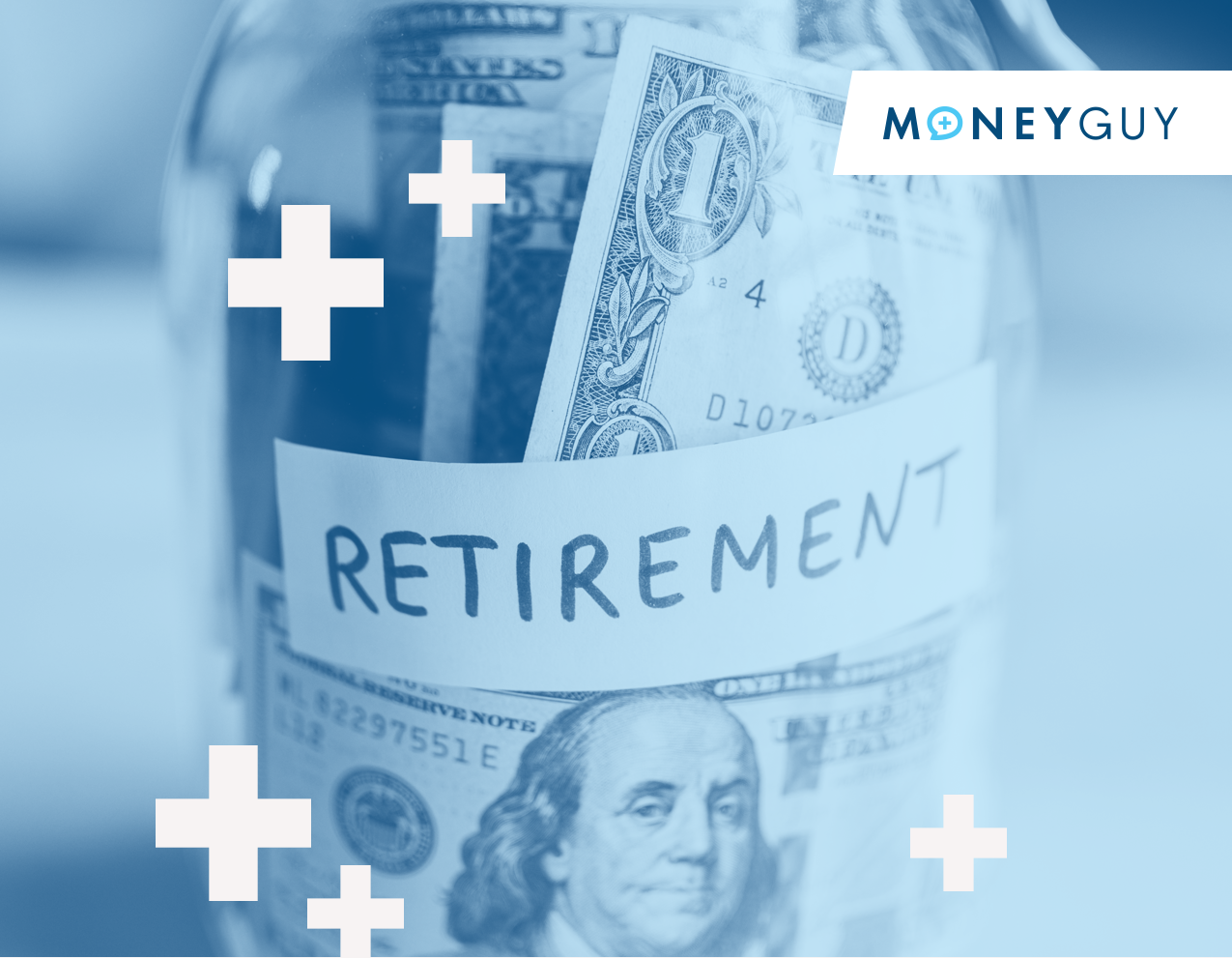Using credit cards is like using a chainsaw; both can be an extremely useful tool, but when used incorrectly can be very dangerous. Some avoid credit cards because of how dangerous they can be, which is great for those that know their personality and tendencies well enough to stay away, but others are missing out by not using credit cards. Despite what you may have heard, millionaires do use credit cards. Wealthier Americans use credit cards at a much higher rate than lower income Americans; they are about 8x more likely to use credit cards than low-income Americans.
Overall, 76% of Americans have at least one credit card. 47% of credit card users have credit card debt, with an average balance per person of $5,315. It’s clear that a large portion of Americans struggle with credit card use and credit card debt, and may be better off avoiding them entirely. For those that have the discipline and self-control to use credit cards and pay their balance in full each month, what are some advantages to using credit cards over cash or debit cards?
Advantages of credit cards
80% of Americans prefer card payments over cash, and only 10% exclusively use cash. Swiping is our favorite way to pay, but not with credit cards: credit cards account for just 33% of card transactions, and debit cards make up the majority of card transactions at 67%.
There are a few reasons to consider using credit cards instead of debit cards. Most credit cards have zero fraud liability. When your debit card is used fraudulently, it is YOUR money missing. When your credit card is used fraudulently, it is THEIR money missing. Debit cards and bank accounts do have safeguards and protections against fraud, and will help you if you become a victim of fraud, but credit cards are usually much better and faster at resolving fraudulent transactions. In addition to enhanced fraud protection, credit cards often have other safeguards that debit cards do not, such as purchase protection (which means if an item drops in price shortly after you buy it, you can get a refund for the difference) and extended warranties.
It is more expensive to use cash and debit cards than credit cards at most businesses. Merchants are charged credit card processing fees for every transaction, and pass this cost along to the consumer. Credit card users can make some or all of this money back through points and rewards, but cash and debit card customers cannot. Some businesses offer discounts for those that pay in cash or with a debit card, but most do not. If you shop at businesses that charge credit card and debit card users the same, you are helping to subsidize credit card rewards. The Federal Reserve has estimated that each credit card-using household in the United States receives $1,133 over the course of a year from cash users.
Using credit cards isn’t all sunshine and rainbows, though. People spend 12% to 18% more when using credit cards instead of cash. Electronic transactions don’t feel the same as spending “real” money, so it’s easier to spend more on credit cards than it is with cash. If you are new to credit cards, you might consider easing yourself in by setting up auto-pay on monthly bills. Start by only using credit cards for expenses you have to pay every month and have no control over to ensure there is no opportunity to overspend. If you spend more on credit cards than with debit cards or cash, much or all of the benefits are completely negated.
Credit card benefits to look for
There are two types of credit cards, secured and unsecured. Secured cards are backed by a cash deposit, so it’s less risky for the issuer and available to those with less than stellar credit. Secured credit cards typically have fewer benefits and rewards than unsecured credit cards, which are not backed by any collateral and are riskier for the card issuer. Many of the benefits listed might only apply to unsecured credit cards, but some apply to secured credit cards as well.
1. Fraud protection
Shop with a credit card anywhere you’d like a little extra protection. By law, your liability is limited to a maximum of $50 for unauthorized transactions, but most card issuers have zero fraud liability policies.
2. Points or rewards
Some credit cards offer cash back rewards that can be redeemed as statement credits or other cash equivalents. Others offer rewards that may only be redeemed for certain things, like miles for traveling or points for gift cards.
3. Extended warranties
Potentially one of the greatest features of a credit card is extended warranties. If you are making a big purchase, like an expensive home appliance or television, use a credit card with an extended warranty feature. This could help replace the purchase later down the road if something goes wrong.
4. Price matching
Some credit cards will price match items, which means if you make a purchase with your credit card and the price later drops, you can get a credit for the difference.
5. Insurance
Credit cards may offer travel or trip insurance that covers you if your flight is delayed or you use your luggage. Using a card with this feature can be great for frequent travelers.
6. Interest rate
The interest rate on your credit card only matters if the unexpected happens, and might not ever matter, if you never carry a balance on your card, but it’s always better to have a credit card with a relatively low interest rate.
Credit card myths
1. Carrying a balance helps your credit score.
One of the longest-standing and most common misconceptions about credit cards is that you need to carry a balance every month to maintain a high credit score. This isn’t true; a 0% utilization rate won’t negatively affect your credit score unless you’ve stopped using your credit cards altogether. Activity on your credit cards is good because it shows you know how to use credit responsibly; no activity could bring down your score slightly because it might mean you don’t know how to use credit cards.
2. Credit cards are bad.
Credit cards aren’t bad, but they can be harmful when used irresponsibly. Credit cards are safer than debit cards because of the stronger fraud protection, they may offer extended warranties, and many cards earn cash back rewards or airline miles. When used irresponsibly, though, credit cards can trap you in a deep hole of debt, and the high interest rates make it difficult to escape.
3. If you can’t afford it, put it on a credit card.
Okay, this isn’t actually something many people consciously think, but many people see credit cards as tools to make purchases they don’t have cash to cover. Although credit cards do allow you to buy things you can’t afford, they should never be used this way. Once you start spending money you don’t have, you can fall into the pit of credit card debt very quickly.
Credit cards aren’t for everyone, but they have some serious advantages for those that use credit cards responsibly. Earlier this year, we released a show that dives deeper into the history of credit cards, when you should not use a credit card, and how to use a credit card like a millionaire.













